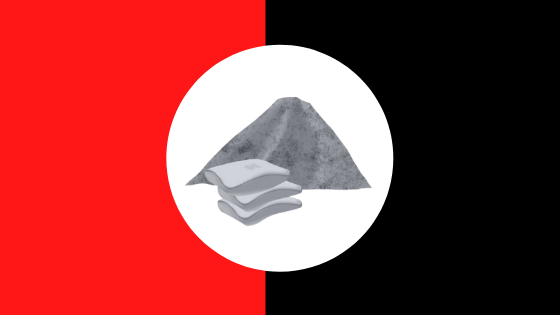What is Mivan Technology? Mivan technology refers to the term that is a technology which use to construct a large no. of buildings at a faster rate. It means in simple words we can say that it is a ...
Expert Civil Latest Articles
Rainwater Harvesting System – Types | Uses | Advantages & Disadvantages | Importance | Objectives of Rainwater Harvesting

Rainwater harvesting is a process of collecting the water rather than flowing it off. It can be collected in any place like the roof, ground, or any area that is on top of the ground. The main aim ...
False Ceiling: Types of False Ceilings | Pros and Cons of a False Ceiling

What is a False Ceiling? A false ceiling is a type of mock roofing that is used to enhance the architectural structure’s aesthetic appeal. A false ceiling, which is simply a secondary ceiling ...
Portland Pozzolana Cement – Uses, Properties, Advantages & Disadvantages

What Is PPC Cement? PPC stands for Portland Pozzolana cement. Portland pozzolana cement is a type of ordinary Portland cement. It is prepared by the inter grinding of the OPC clinker along with the ...
Earthen Dam – Its Components, Types, Methods, Advantages & Disadvantages

Earthen Dam Earthen dam is a type of dam which is built by the successive layers of the earth at the bank of the river where the soil and materials get deposited. A gate is constructed in the dam t ...
Hollow Bricks – Its Properties, Sizes, Manufacturing, Advantages & Disadvantages

The hollow brick is the innovative idea for the construction which provides a good appearance or aesthetically beauty or aba better view of the building. What Are Hollow Bricks? Hollow Bricks are t ...
10 Types of Flooring used in Construction with their Advantages and Disadvantages

Mud Flooring Dirt, raw soil, or other unworked ground materials are used to create earthen flooring, Mud flooring is also known as Adobe flooring. It is commonly made of a mixture of sand, clay, an ...
Heat Resistant Concrete – Its Types, Uses, Properties, Advantages & Disadvantages

What is Heat Resistant Concrete? As its name indicates, heat resistant concrete is the material that can resist high temperatures. The fundamental material used for making heat resistant concrete i ...
What is Lightweight Concrete? -Its 4 Types, Uses, Advantages and Disadvantages

Definition of Lightweight Concrete Generally, the density of conventional concrete is about 2200 to 2600 kg/m3. This heavy self-weight makes it uneconomical. The concrete, which is having a density ...
Road Studs – Its Types, Applications, Advantages & Disadvantages

What are Road Studs? The longitudinal/transverse reflectorized road markings were added with retro-reflective studs to improve visibility at night as well as in inclement weather. They are also pla ...


